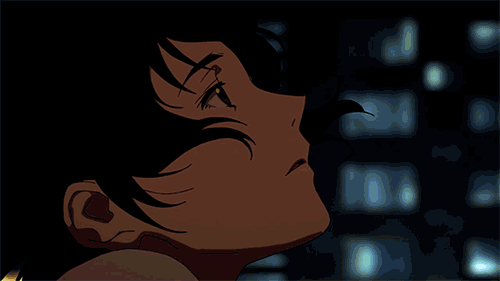DualMondays is a more or less weekly column by Jim Spanos (a.k.a. Dualnames) on game design, adventures and all sorts of highly intriguing things.
Related @ Gnome's Lair:
Talking about TV series with my brother yesterday, the conversation took an interesting turn: "Have you played The Walking Dead video-", he said, but was briefly interrupted by my nod. "This may sound weird to you, but I cried at the end", he exclaimed. This created a wonderful discussion over which videogames have made us feel sentimental in the past. Anyhow, as I started to wonder, I felt a nice warm feeling recalling the games I was connected to in such emotional way.
For a moment I got lost into a philosophical journey. In movies it's somewhat easier to cry and generally share or be overcome by certain sentiments/feelings, because the usual behavior we have while experiencing a story is to attempt to relate to it. But with games that's usually different, mostly because we have full (or at least the illusion of such) control over the protagonist's actions and the protagonist in most cases serves as a vessel of ourselves.
With the creation and the world-wide success of Elite, a significant change to videogames occurred. An alteration to the rule that a score must determine the skill of the player and the player's involvement to the game must resolve around his/her attempts to get the highest score possible. With Elite we were slowly introduced to something far greater. The probability that games could "just" have a decent storyline instead of a score. And as time passed and technology progressed, it happened. The early nineties were mostly dominated by Adventure Games and RPGs, both primarily focused on gripping story arcs and featuring elements such as branches, depth, setting, character development etc.
Even if the adventure game genre itself lost part of its shine and glory, it helped immensely in paving the way for other genres to evolve; genres that were mostly focusing on excessive button mashing. Action / First Person Shooter franchises such as Max Payne, Metal Gear Solid, System Shock, Half Life, Resident Evil disengaged from the brainless stereotype of exaggerated, rapid frenzy and reckless gameplay to a more delicate, realistic approach. As storyline became an new element in game design, cinematic elements have also been introduced, gradually transforming videogames into a new form of art (even though that could be a stretch) - an art we can interact with our own ways within the limits that are presented to us (visible and not).
Related @ Gnome's Lair:


I cut my video game teeth on the early Sierra adventures. While mostly humorous, some spun pretty fun yarns and even cast a bit of an immersion spell - at least for a 9 year old. Space Quest 3 was a personal favorite.
ReplyDeleteThe old infocom text adventures did a pretty good job of telling a story, though they were pretty much on rails.
Sentinal Worlds - Future magic had an impressive story, though it was a bit star wars-y and hampered by the fact that it had to be told through the 'paragraphs' book that came with it.
Delphine Software's Future Wars, and Starflight 1's endings remain IMO, two of the best twist endings ever in video games. Even more startling because you weren't expecting that kind of mindf#ck from a video game.